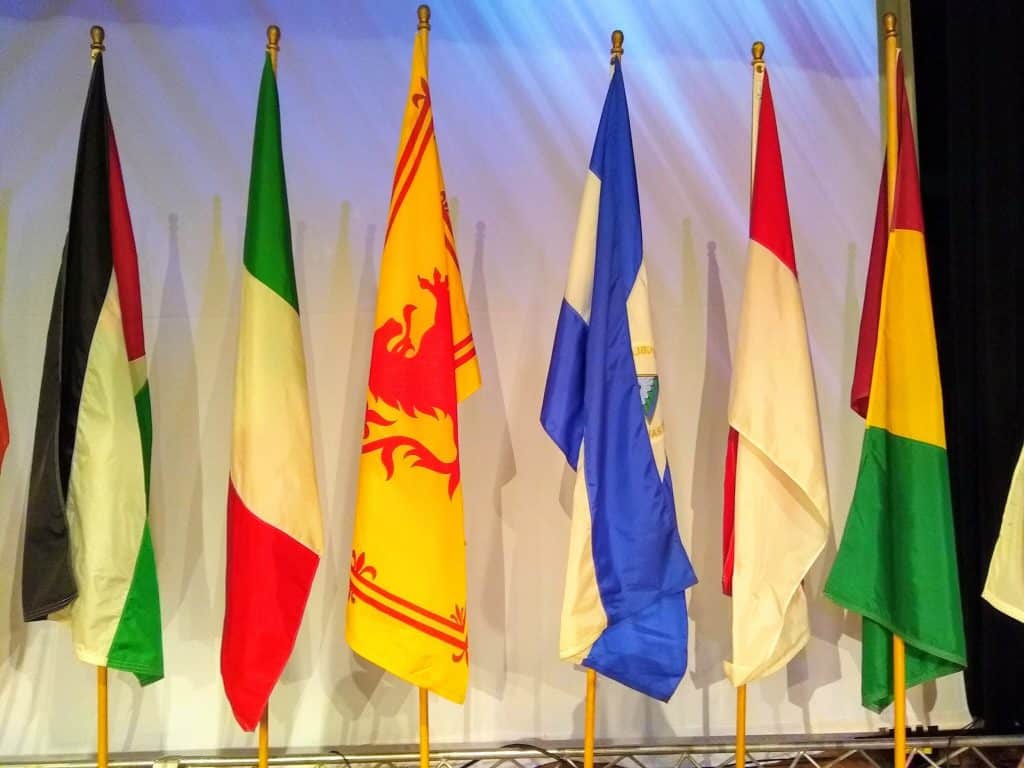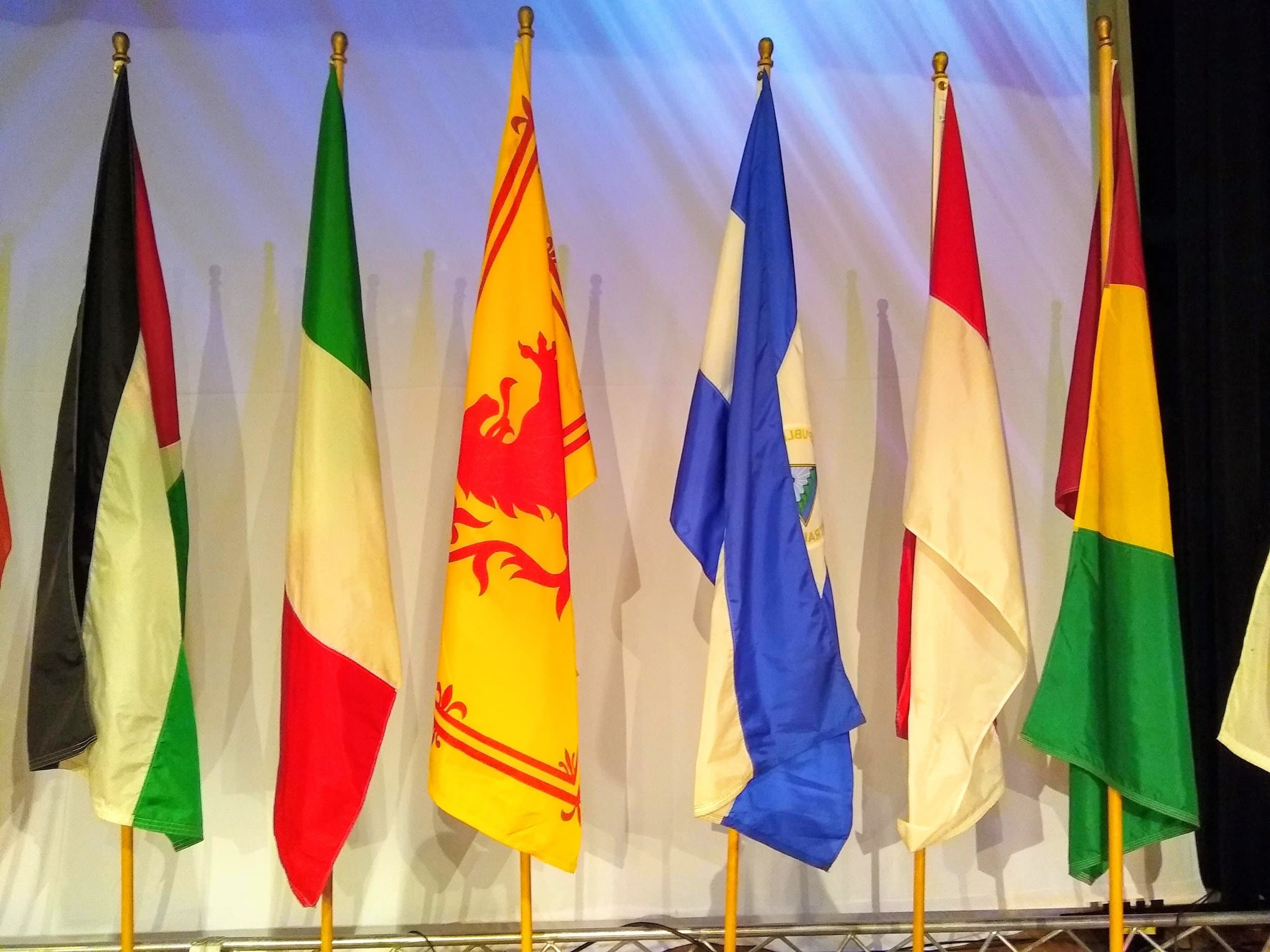
Blockades in the mission field
Whitley Bras, Managing Editor
What barriers would you be willing to hurdle if it meant sharing the gospel with people who have never heard the good news? Missions is at the central identity of a Christian and embodies the vital purpose of human beings to spread the gospel of Jesus Christ. In Matthew 16:15 it states that true believers should “go into all the world and preach the gospel to every creature”. Missionaries who sacrifice and go on mission trips are sent to countries around the world and are inthronged in different climate environments, cultures and external religious ideologies.
Barriers and obstacles are genuinely expected for missionaries that enter into that religious calling. Some of the biggest barriers are language, cultural differences, government laws and policies and lack of financial support, but the most intimately essential of these is language.
About 466 million people have hearing disabilities which equates to about 5 percent of the world’s population. How would you respond on the mission field if a deaf child came up to you but there was no way of communication? You might begin by speaking slowly but you don’t know the spoken language so the ability to interpret that to sign is completely beyond your comprehension. What is the most efficient way of reaching that child who is lost and in need of Christ?
Jeremy Parks, a sign language professor at North Greenville University has faced that kind of situation before and is one of the reasons he began his work in missions.
Upon first glance he seems like a rugged, middle-aged man who likes to tell bad “dad jokes” and at one point or another gives some trivia from the popular sit-com “The Office”. His voice is raspy and gives no indication for how hard of hearing he actually is because he is so vocal and confident when he speaks. He always has bags under his eyes from late night shifts at his other job and is in the routine of wearing plaid shirts and jeans as he maneuvers around his classroom to find the dry erase marker that he’s misplaced three times within the hour.
Although, his appearance and methods of communication may seem slightly odd, he’s able to communicate something that is beyond words. Sign language is more than a language, it is a culture and in order to share the gospel through the language the culture must be entered and at the central point of the mission work.
He graduated from a university in Texas and got a degree in audiology but from the get-go knew that he was meant for something more than an average job in the midst of the American dream that so many people are obsessed with. It all began when a job opened up in Israel and although he and his wife were slightly hesitant, he explained that “It just seemed like the right thing to do. It didn’t scare us. We had never been outside of Texas, but it didn’t scare us. It just seemed like a natural next step”. While in Israel he and his wife met missionaries there who were actively spreading Christianity and didn’t regret a single moment.
From that encounter his family decided to go full force into the mission field and remained overseas as they traveled to counties such as Venezuela, Ecuador, Thailand, and Turkey. Parks is hard of hearing and his wife is deaf, so they entered into a realm of missions that many times goes unseen from the hearing world. They learned the different countries sign languages and began to minister through the language around them.
From their standpoint the biggest obstacles that they had to face were linguistically and culturally. Learning the language was not always extremely difficult but taking into account the level of intimacy that they wanted to have in their conversations was vital to how much effort was put into learning the language. Parks explained how language revolves around experience and that the number one way to connect with lost deaf people and begin work in deaf ministry is through the language and it remains to be the most efficient avenues’ for reaching deaf people with the gospel.
Overall, missions are an incredible way to get involved with your local community and with other cultural communities around the world that may not know Christ. It is something that we as Christians are called to, whether on the most basic level to those around us or to reach those that are in a different time zone. In order to begin in missions, it is important to know the language, whether it is spoken or signed and to fully immerse yourself in the linguistic culture. Connecting with people through the language is the most efficient way to reach people for Christ.

